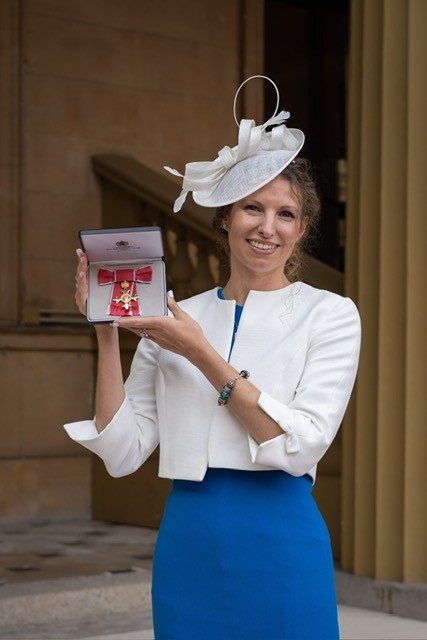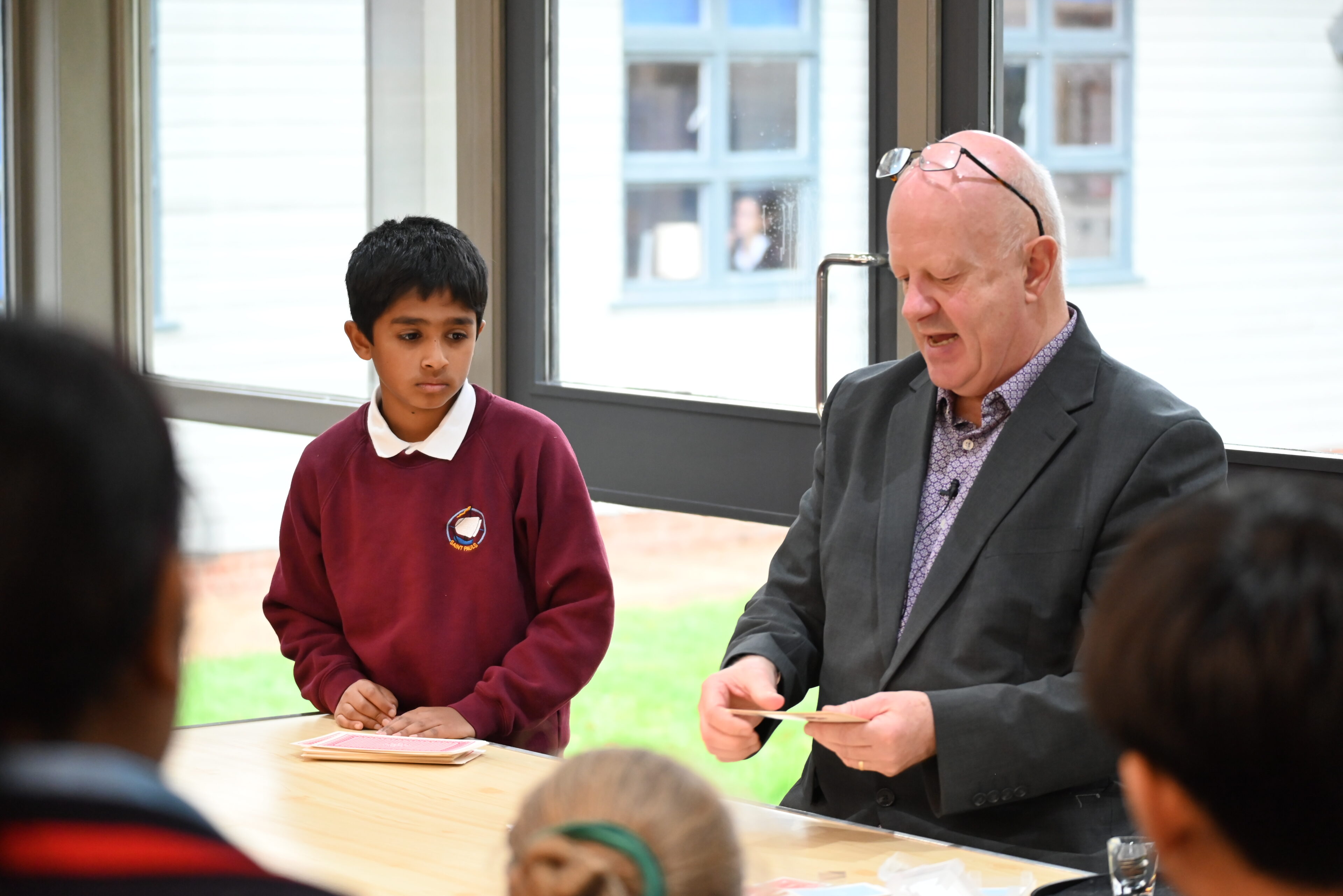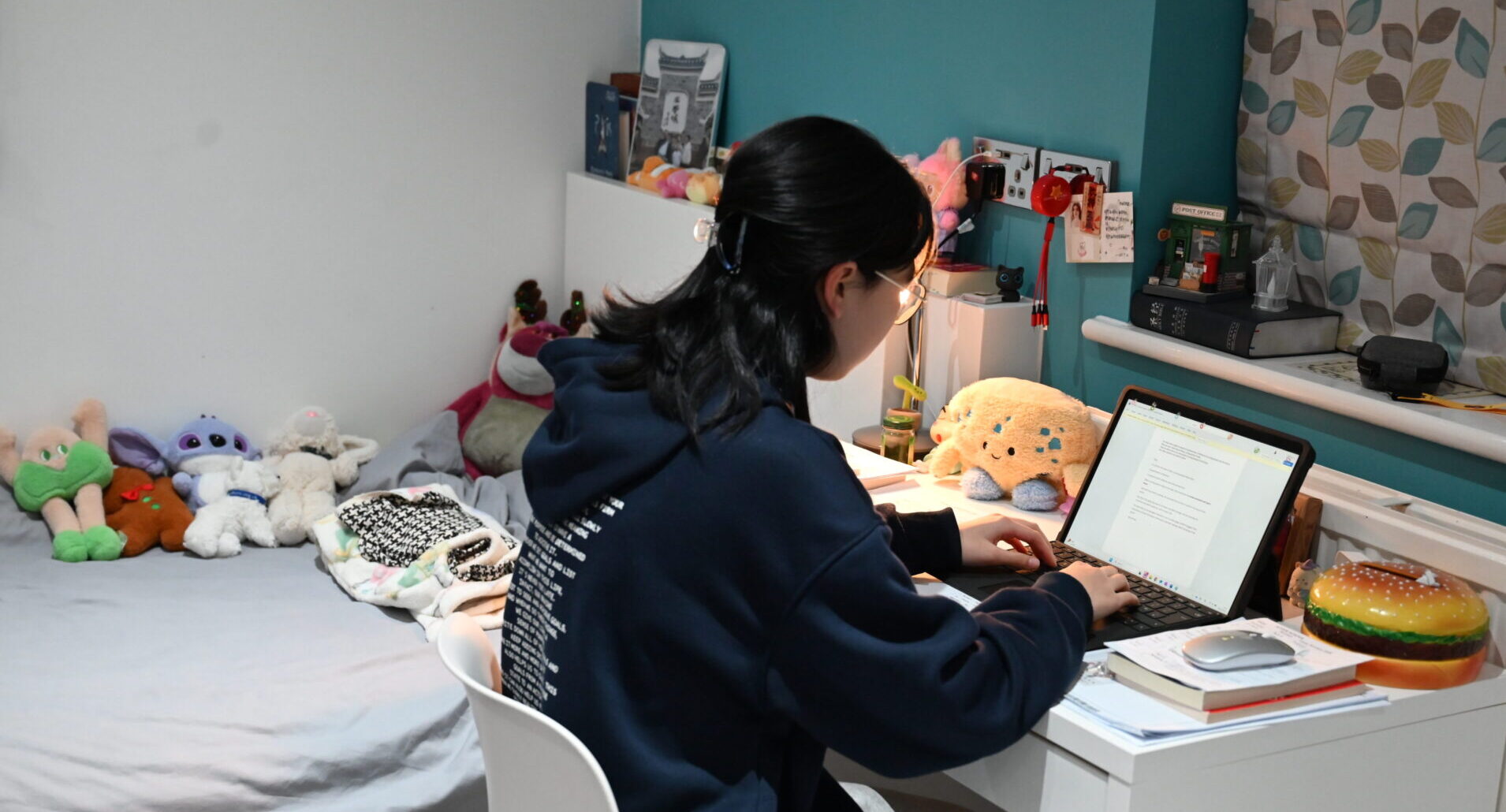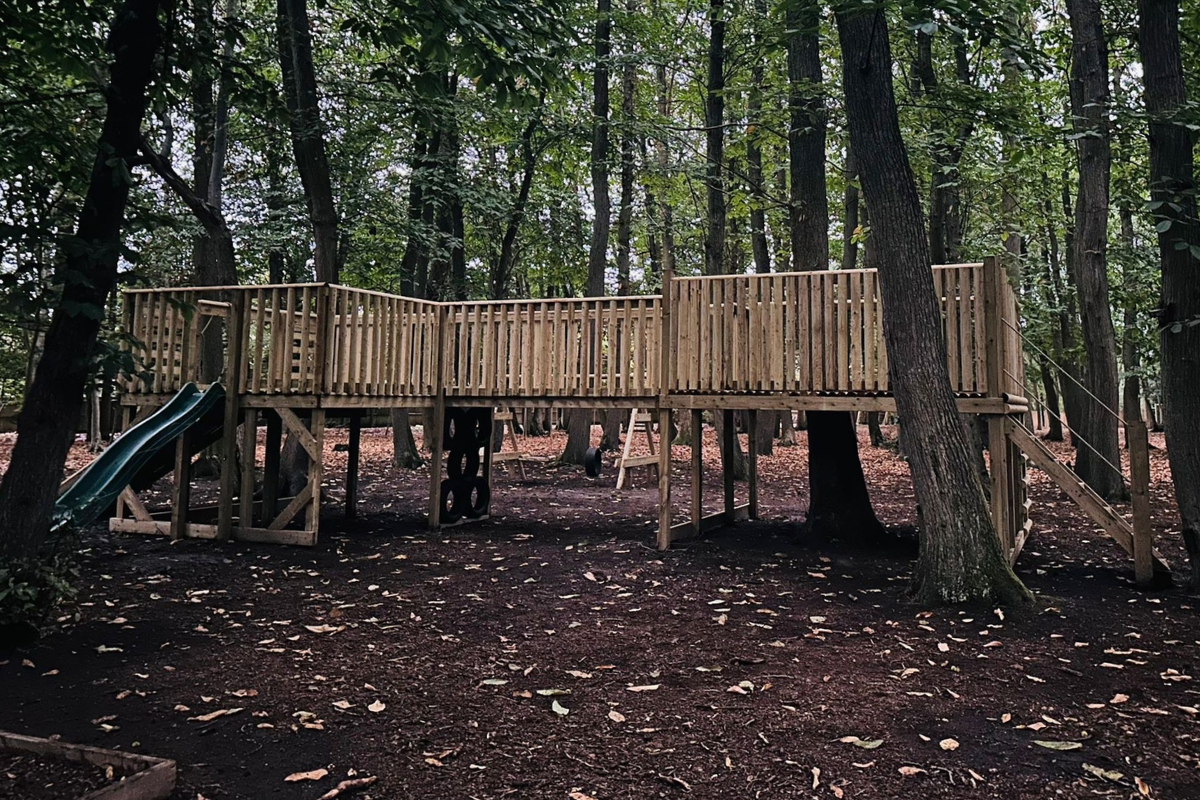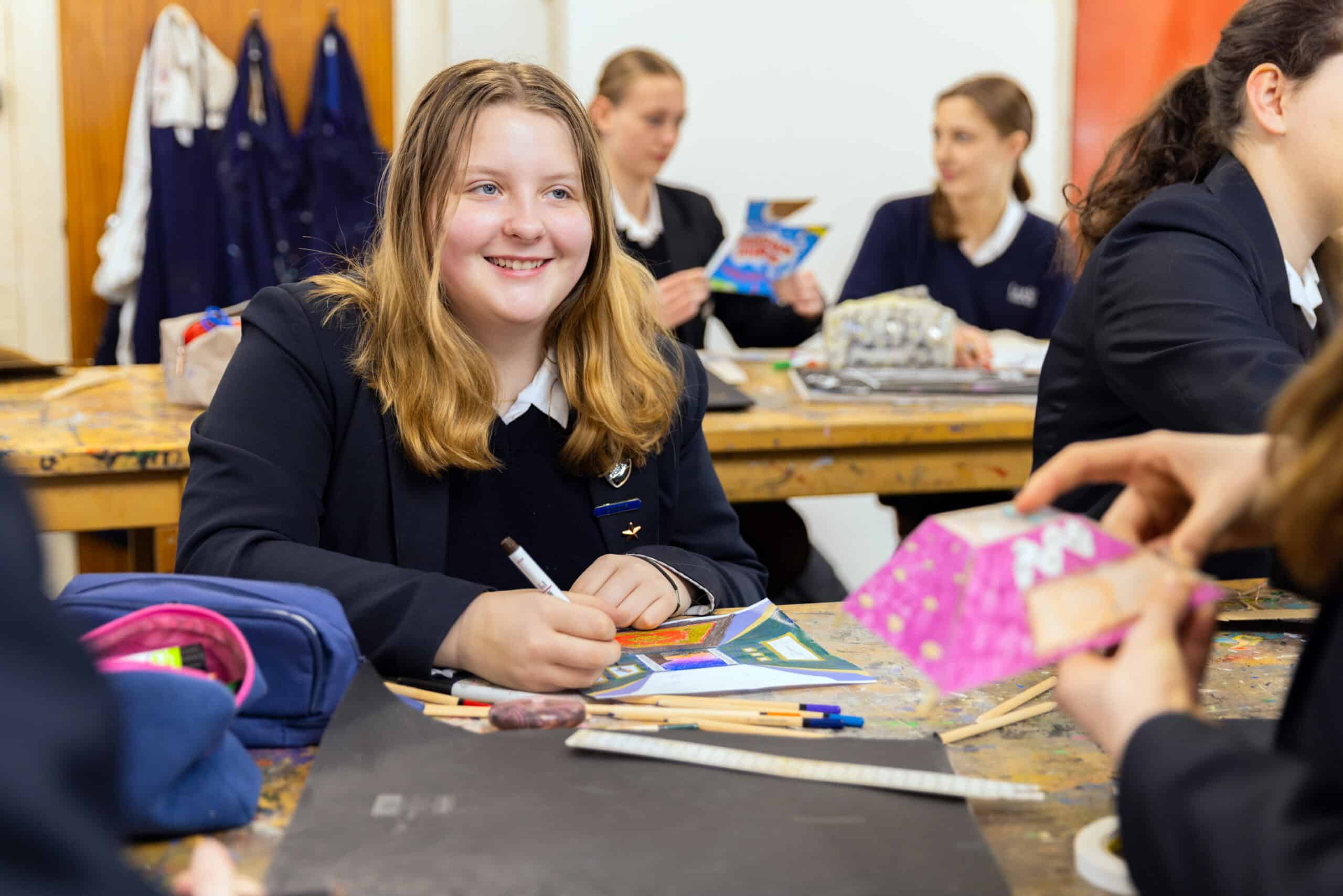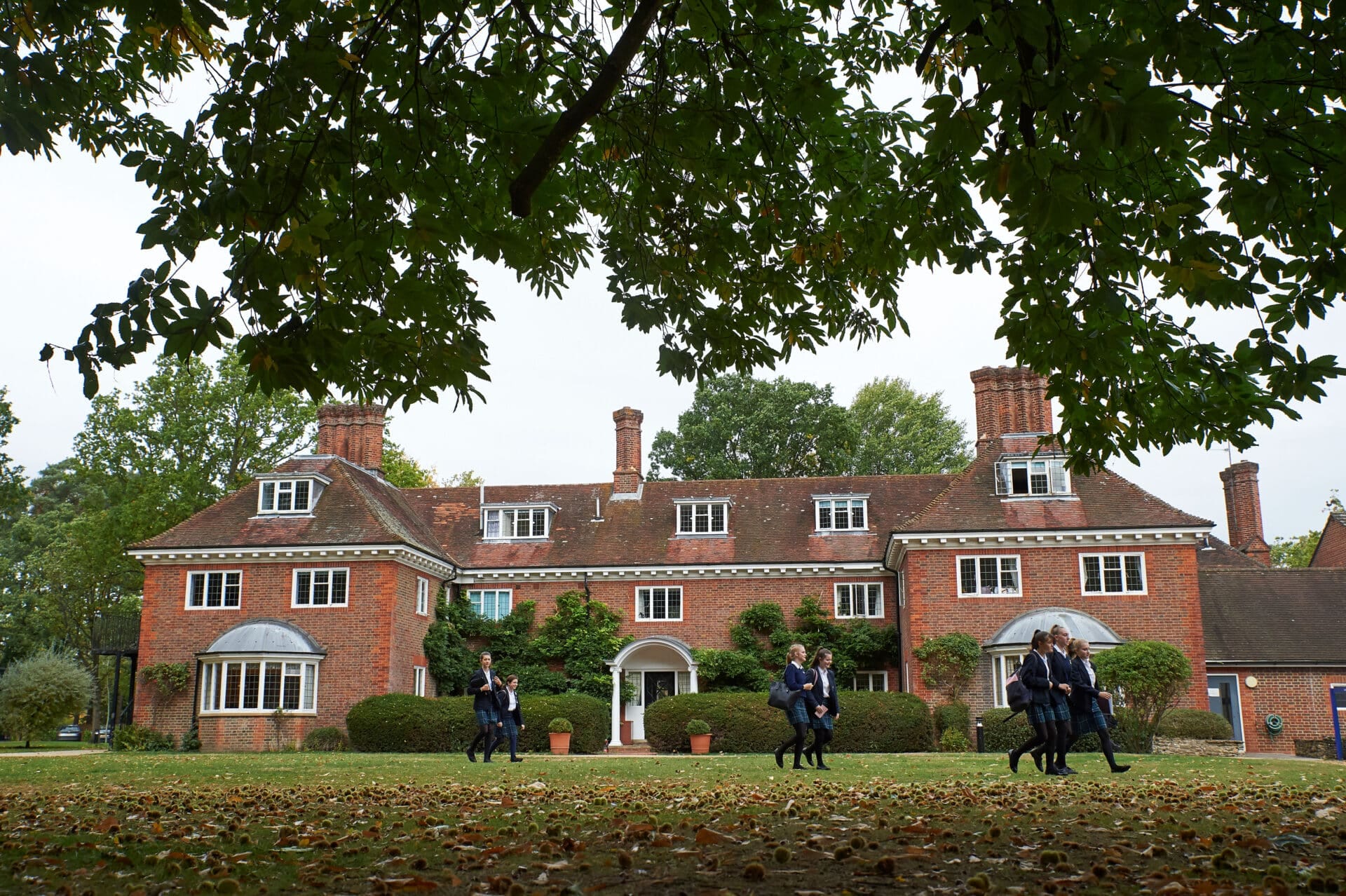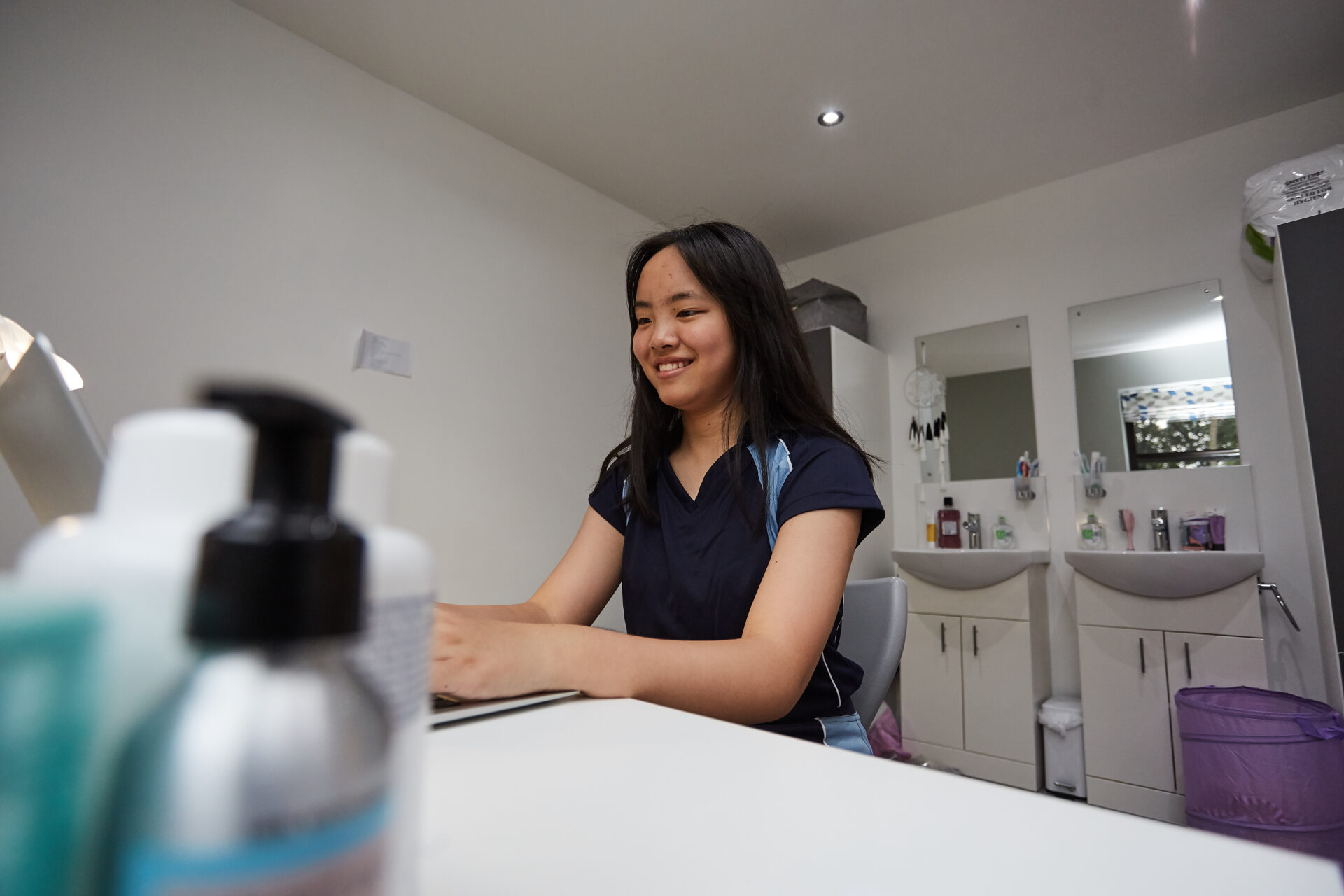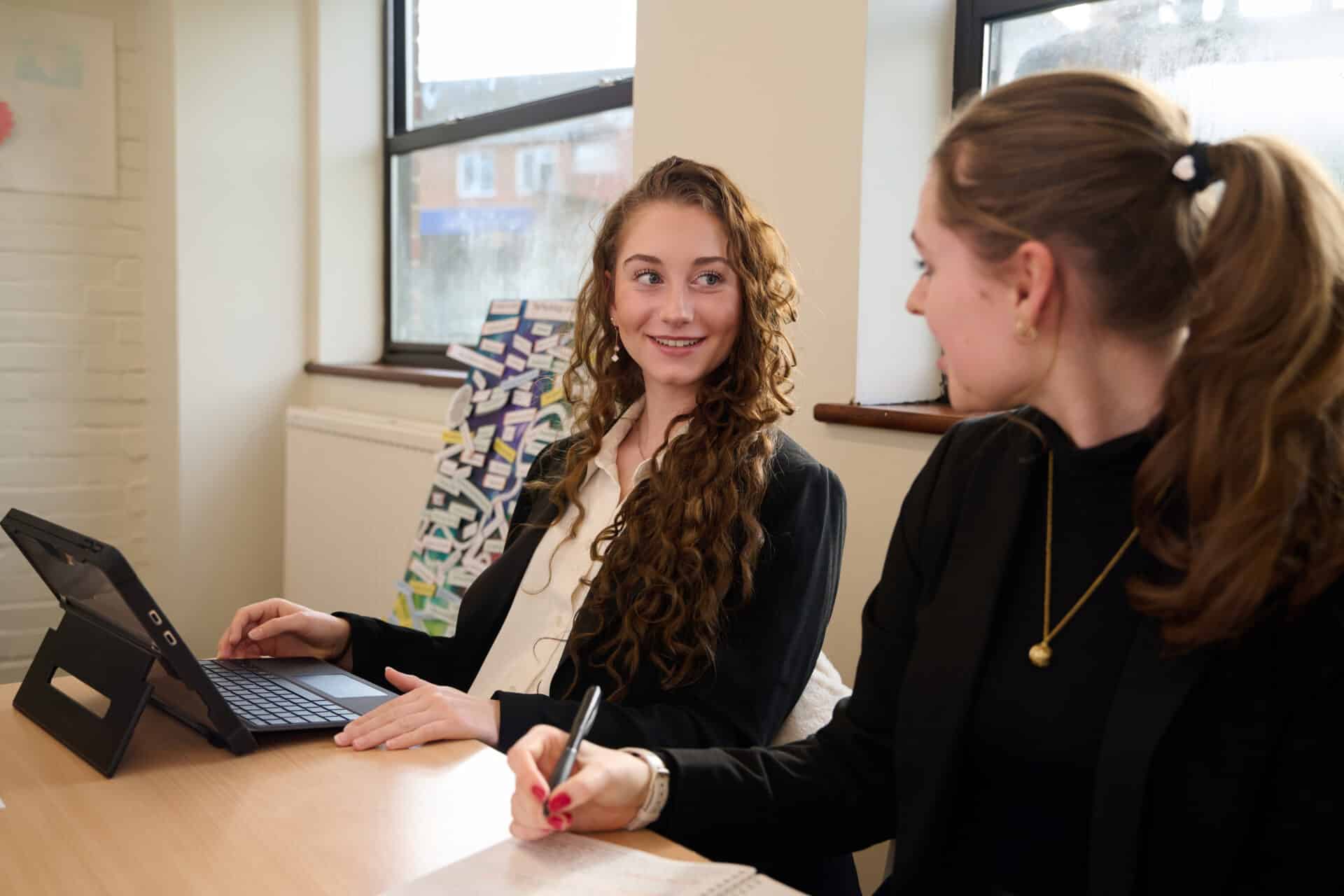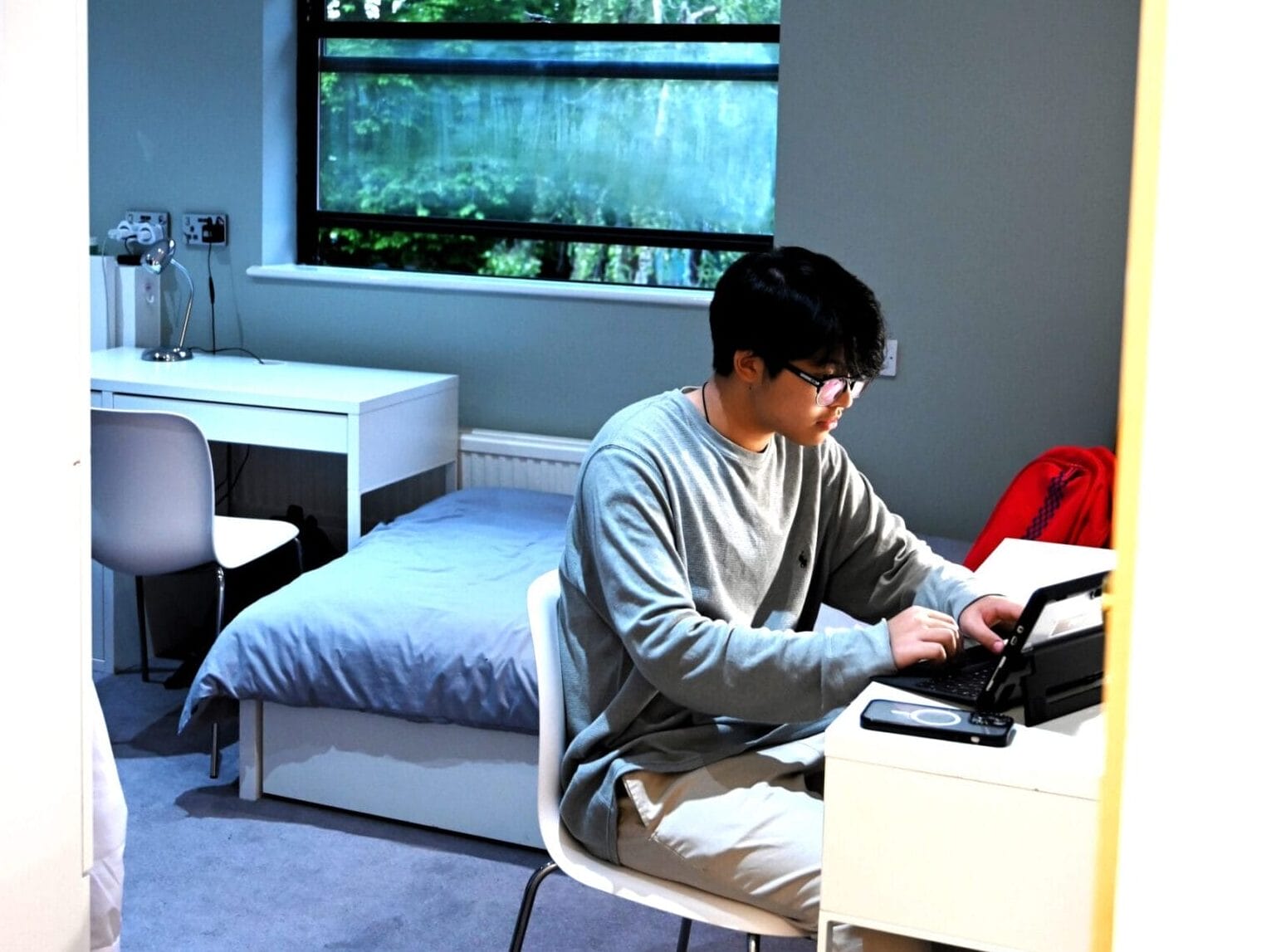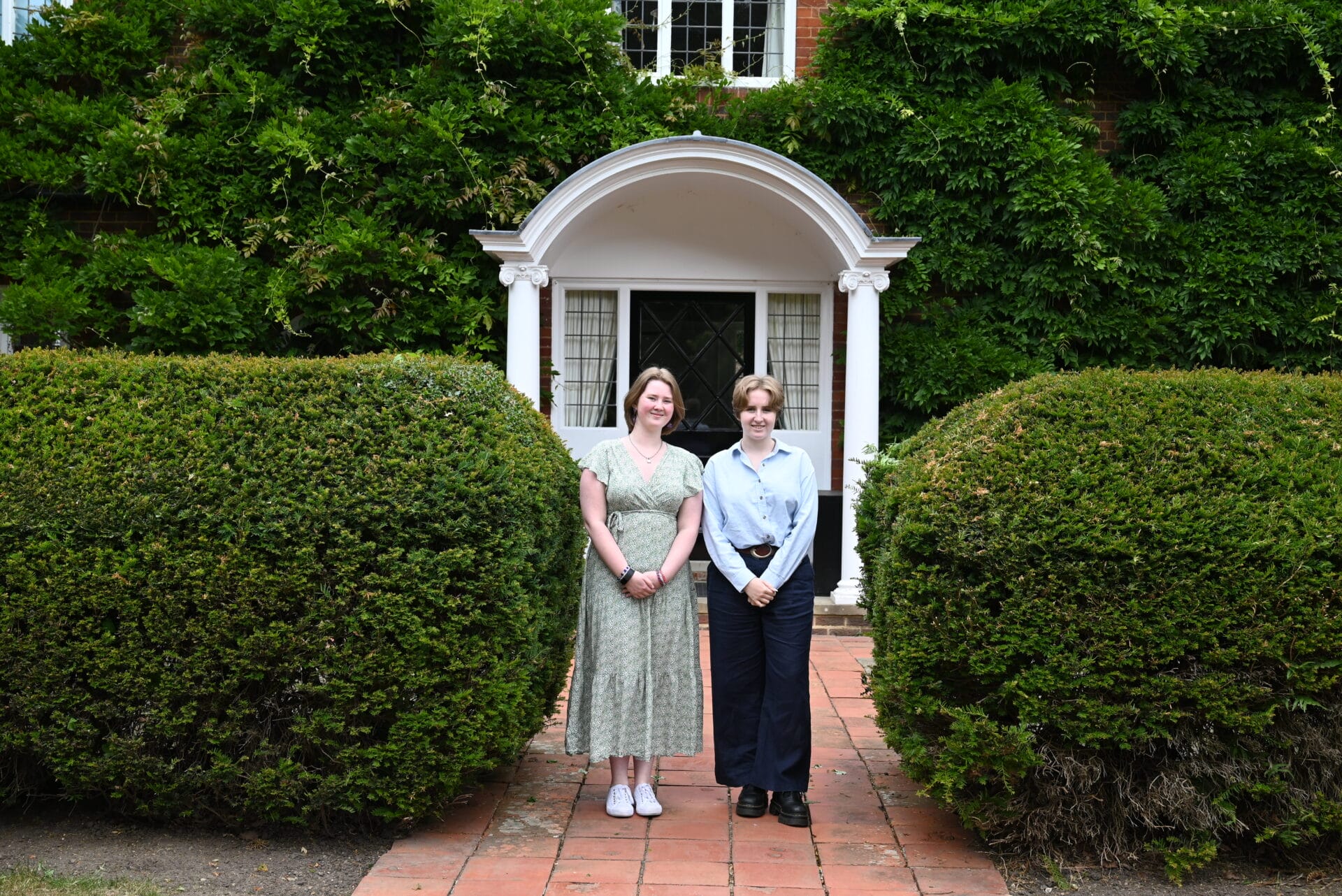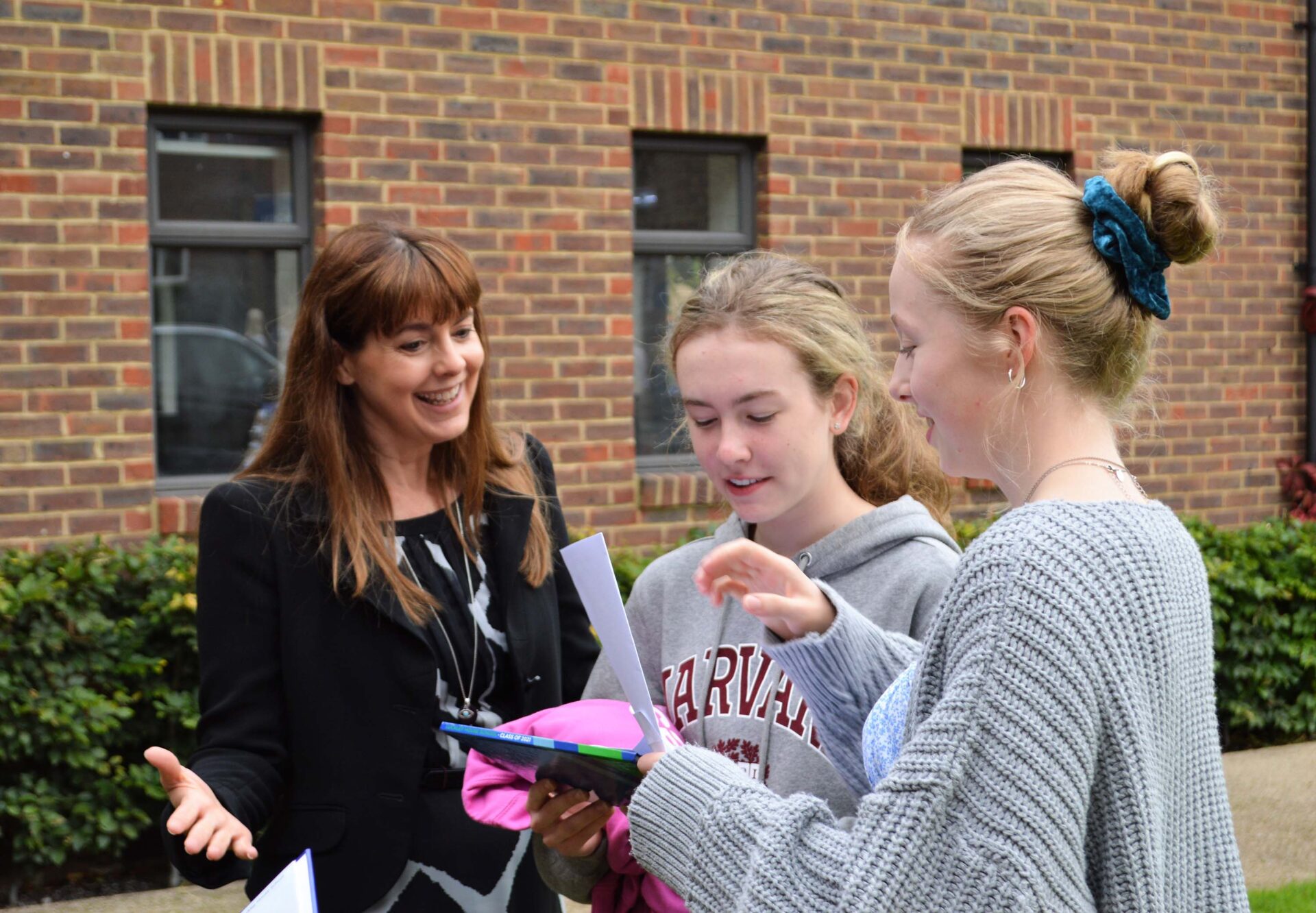
Research suggests that learning a new language can have a positive impact on the brain. But how exactly does studying another language shape the way we think and communicate? For pupils at our Independent School in Berkshire, studying Modern Languages provides a chance to explore these questions while developing skills that support success in school and beyond.
In this blog, we look at how language learning strengthens thinking, deepens cultural understanding, and helps pupils grow into confident, adaptable learners prepared for future opportunities.
Learn moreStrengthens Memory
Studying a new language exercises the mind in a way that is both challenging and rewarding. Each lesson requires pupils to retrieve vocabulary, recognise grammar patterns, and hold multiple pieces of information in mind as they build sentences. This regular practice strengthens memory through repetition and meaningful use, helping pupils retain information for longer and recall it more accurately.
As their memory develops, pupils often notice improvements in other subjects. They may find it easier to remember formulas in maths, key quotes in English, or processes in science. The habits formed in language learning – reviewing, practising, and applying – translate well across the curriculum, supporting academic achievement in a lasting, practical way.
Improves Attention Span
In a world where distractions are constant, developing strong attention skills is increasingly important. Research from the University of Birmingham suggests that bilinguals show an enhanced ability to maintain attention and focus. While the exact reasons for this association are not yet fully understood, it points to a potential cognitive benefit of engaging with multiple languages.
When speakers use more than one language, they need to manage and alternate between different vocabularies, structures, and contexts. This regular mental “switching” is linked with improved attentional control, helping learners focus on a task while filtering out irrelevant distractions.
Cognitive Flexibility
Learning an additional language engages multiple cognitive processes. Even in the early stages, pupils must manage both the new language and the one they already know, deciding which words and structures to use in a given context.
Research suggests that this process of regulating two languages in the mind can help improve cognitive flexibility. By practising mental switching and adjusting between languages, learners may strengthen their ability to think flexibly, adapt to new situations, and consider different approaches when solving problems.
For pupils, these skills are valuable across the curriculum.
Broadens Cultural Understanding
Studying a foreign language gives pupils a deeper understanding of the culture behind it. While many languages share similarities, each one is distinct in its structure and in the cultural perspective it expresses. As pupils learn a new language, they begin to appreciate perspectives that differ from their own. This is supported by a study commissioned by the British Council, which found that nearly three-quarters of Year 9 pupils believe that speaking other languages is an important part of understanding different cultures and places.
Learning a language also gives pupils access to authentic materials from the countries where it is spoken. Reading a book or watching a film in its original language reveals subtleties and nuances that are often lost in translation.
Builds Confidence
Learning a new language challenges pupils to express themselves in unfamiliar situations, which helps build confidence. Speaking, listening, and writing in another language often involves making mistakes, correcting them, and trying again. Over time, this process teaches pupils to take risks without fear of failure and to trust their own ability to communicate effectively.
Communication skills
Language study also develops adaptability in communication. Pupils learn to choose words carefully, adjust their tone, and express ideas in ways that others can understand. This skill extends beyond the classroom, helping them engage thoughtfully with peers and teachers in many different contexts. By developing confidence and adaptability, pupils gain tools that support both personal growth and success across their learning.
Opens Opportunities
Learning a foreign language gives pupils an advantage when they begin thinking about university and future careers. Many universities value applicants who can speak another language because it demonstrates academic discipline, cultural awareness, and the ability to work with complex ideas.
In the workplace, languages can be an important differentiator. With many job roles attracting large numbers of applicants, an additional language can help a candidate stand out, even when qualifications and experience are similar. Employers increasingly seek people who can communicate confidently, collaborate with international teams, and adapt to diverse settings. As a result, language speakers often have access to a wider range of roles and higher earning potential.
Beyond professional pathways, learning a language also enriches everyday life. Pupils may travel with greater confidence or feel more at ease navigating unfamiliar places. Being able to communicate, even at a basic level, turns challenging situations into opportunities for connection. These experiences help pupils develop independence, curiosity, and a willingness to step outside their comfort zone.

Learning a new language strengthens thinking and memory, deepens cultural understanding, and helps pupils become confident, adaptable learners. At Luckley House, pupils studying French, German, or Spanish benefit from a supportive environment that encourages them to challenge themselves, think independently, and develop skills that will stay with them throughout their lives.
Language learning is an investment not only in academic success but also in personal growth.
If you would like to discover how pupils explore languages at Luckley House, an independent school in Wokingham, we warmly invite you to visit and experience our approach firsthand.
Visit Luckley







